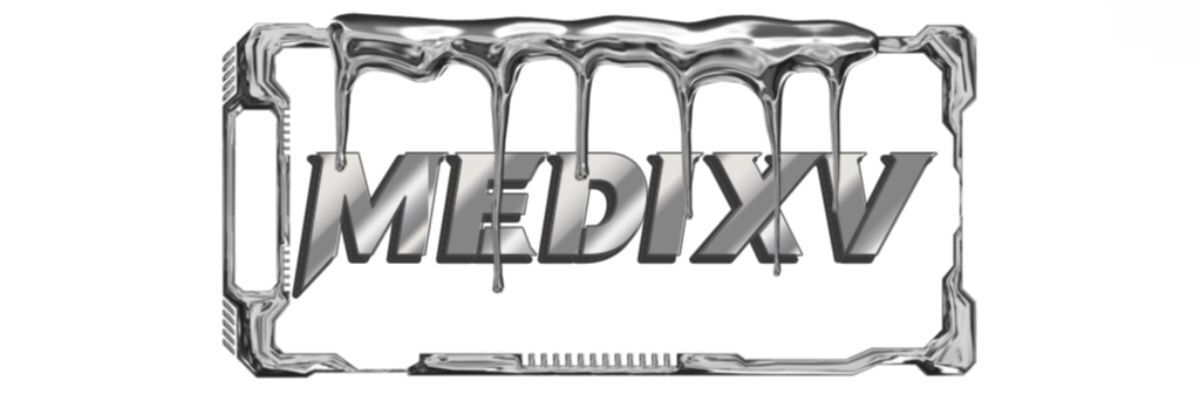How to Choose Surgical Suturing Instruments?
How to Choose Surgical Suturing Instruments?
Choosing the right surgical suturing instruments is crucial for effective wound closure and patient recovery. Here are key factors to consider when making your selection:
1. Type of Procedure
The type of surgical procedure being performed will often dictate the instruments needed. For example, a simple skin closure may require basic needle holders and scissors, while more complex procedures may need specialized suturing devices.
2. Material Composition
Suturing instruments can be made from various materials, including stainless steel, titanium, and plastic. Stainless steel is the most common due to its strength, corrosion resistance, and durability. If you are working in a sterile environment, ensure the instruments can withstand sterilization processes.
3. Instrument Size
Sizes of suturing instruments vary and should be chosen based on the specific surgical sites and types of suturing required. For small incisions, smaller instruments enhance precision, while larger instruments may be necessary for bigger wounds or deeper sutures.
4. Ergonomic Design
Consider the ergonomics of the instruments. Instruments that are comfortable to hold and easy to manipulate can reduce fatigue for the surgeon and improve performance during procedures. Look for features like non-slip grips and balanced weight distribution.
5. Needle Type
The type of needle used can impact the suturing process. Straight needles may be better for superficial sutures, while curved needles are often needed for deeper tissues. Ensure that the needle type aligns with the tissue structure you are suturing.
Explore more:Top Sutures Instruments: Your Essential Guide for Optimal Use
6. Specialty Instruments
Some surgeries may require specialty instruments, such as forceps designed for delicate tissue handling or staplers for rapid closure. Familiarize yourself with these tools and their proper application to ensure optimal outcomes.
7. Quality and Brand Reputation
Invest in high-quality instruments from reputable brands. Quality instruments not only perform better but also last longer, which can save costs in the long run. Research reviews and recommendations from fellow medical professionals.
8. Cost Consideration
While quality is essential, budget constraints should also be taken into account. Weigh the benefits of high-end instruments against your facility’s financial capabilities. Choose instruments that offer the best value for money without compromising on quality.
In summary, selecting the right surgical suturing instruments involves a combination of understanding procedure requirements, knowing the types of materials, sizes, ergonomic features, and ensuring quality. Making informed decisions will enhance the surgical experience for both the medical team and the patient.
The company is the world’s best Sutures Instruments, Disposable Instruments Medical, Instruments Used Endoscopic Surgery supplier. We are your one-stop shop for all needs. Our staff are highly-specialized and will help you find the product you need.

Comments
0